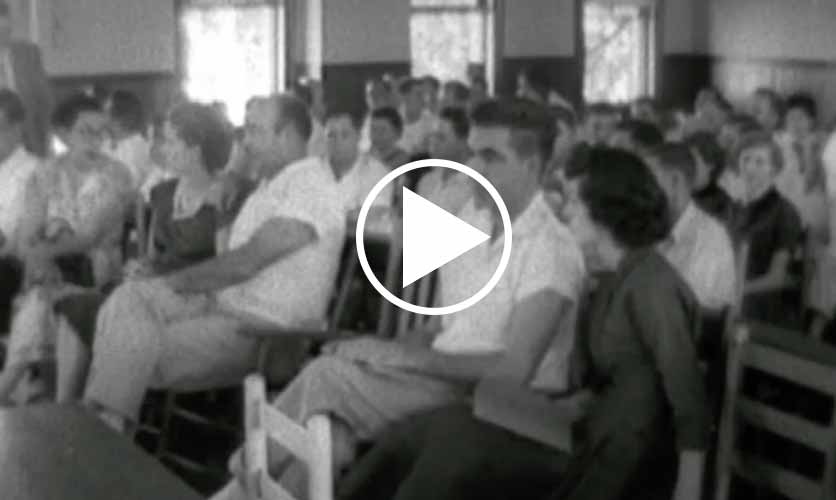Emmett Till Murder Trial (1955)

"They murdered that boy, and to hide their dastardly act, they tied barbed wire to his neck and to a heavy gin fan and dumped him into the river for the turtles and the fish." --Prosecutor Gerald Chatham
When, on December 1, 1955, Rosa Parks refused to obey an order to give up her seat on a Montgomery bus to a white person, an action that led to a boycott of the Montgomery bus system, she may have had in mind a murder trial that took place two months earlier in Sumner, Mississippi. A fourteen-year-old boy, Emmett Till, had been brutally murdered and his body thrown in the Tallahatchie River, but despite clear evidence that two white men committed the crime, an all-white jury returned a "Not Guilty" verdict after just an hour of deliberation. Parks wrote, "the news of Emmett's death caused me...to participate in the cry for justice and equal rights." She described herself in an interview as "very upset, very devastated" by the Till murder. The trial of Roy Bryant and J. W. Milam for the murder of Till shook the conscience of a nation and helped spark the movement for civil rights for black Americans. Continued

